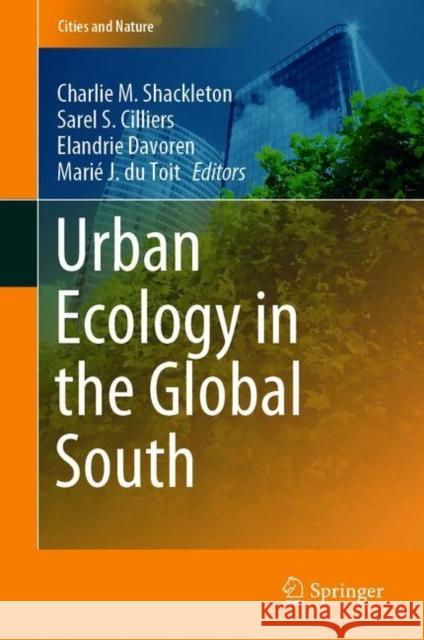Urban Ecology in the Global South » książka
topmenu
Urban Ecology in the Global South
ISBN-13: 9783030676490 / Angielski / Twarda / 2021 / 461 str.
Urban Ecology in the Global South
ISBN-13: 9783030676490 / Angielski / Twarda / 2021 / 461 str.
cena 603,81
(netto: 575,06 VAT: 5%)
Najniższa cena z 30 dni: 578,30
(netto: 575,06 VAT: 5%)
Najniższa cena z 30 dni: 578,30
Termin realizacji zamówienia:
ok. 16-18 dni roboczych.
ok. 16-18 dni roboczych.
Darmowa dostawa!
Kategorie BISAC:
Wydawca:
Springer
Seria wydawnicza:
Język:
Angielski
ISBN-13:
9783030676490
Rok wydania:
2021
Wydanie:
2021
Numer serii:
000472004
Ilość stron:
461
Waga:
0.90 kg
Wymiary:
23.88 x 19.56 x 2.03
Oprawa:
Twarda
Wolumenów:
01











